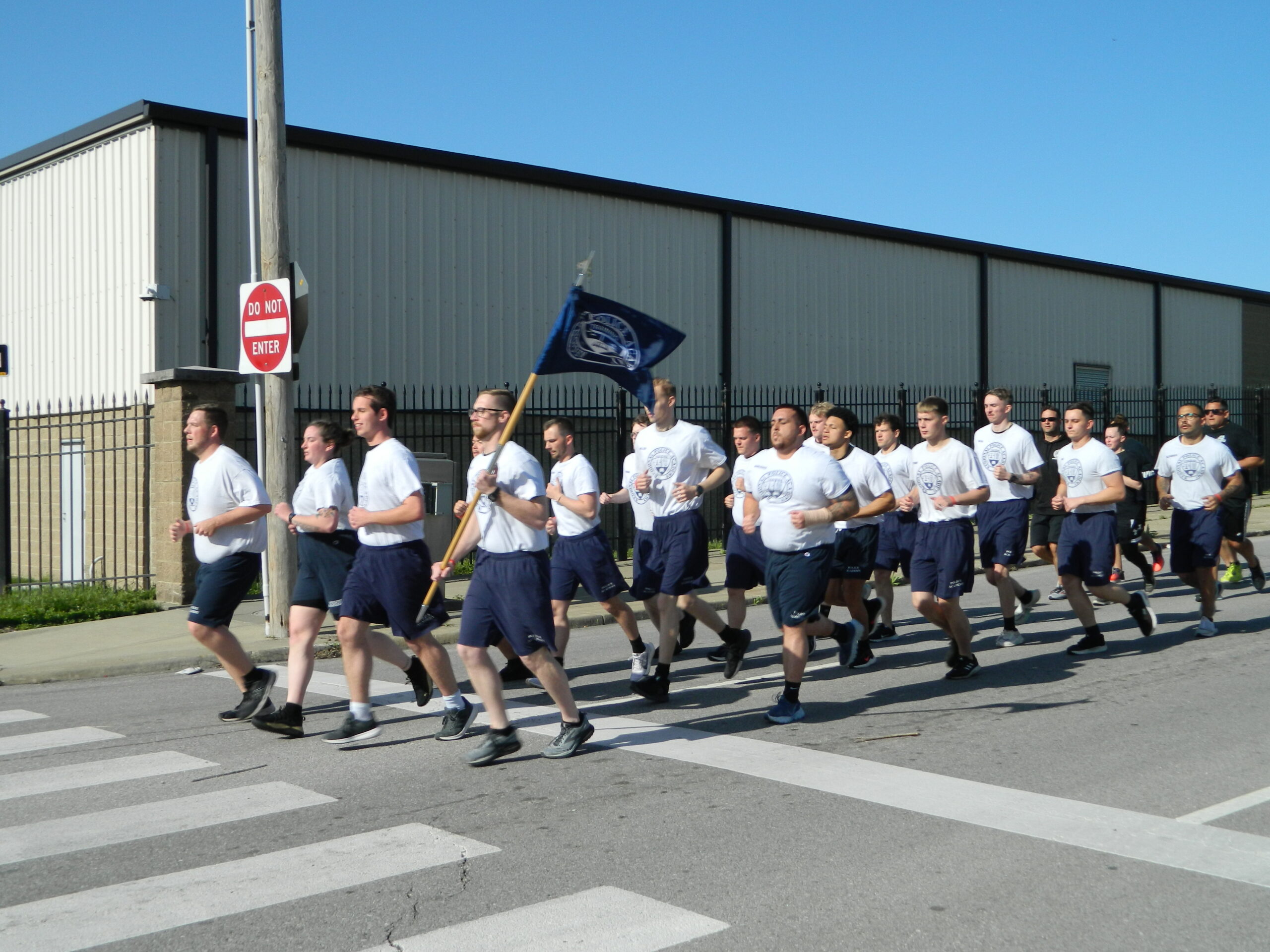Abby Cambiano
Northeast News
Missouri Proposition B would increase the minimum wage over the next five years to $12 per hour at 85 cent increments.
It would raise from $7.85 to $8.60 in 2019, $9.45 in 2020, $10.30 in 2021, $11.15 in 2022, and reach $12 in 2023.
The proposition states that after that, minimum wage would increase or decrease each year based on changes in the Consumer Price Index for Urban Wage Earners and Clerical Workers (CPI-W).
The proposition, if passed, would also penalize employers who pay employees below the minimum wage, requiring them to provide underpaid employees with the full amount of the wage rate and an additional amount equal to twice the unpaid wages.
The measure would, however, exempt government employers from the minimum wage increase.
Raise Up Missouri is leading the campaign in support of the initiative, with Senator Claire McCaskill (D) and Mayor Sly James (D) among supporters. Other organizations include The Fairness Project, Sixteen Thirty Fund, and the National Employment Law Center.
“No one who works full time should have to live in poverty,” a statement from Raise Up Missouri said. “Right now, too many Missouri parents who work – often at more than one job – still struggle to put food on the table because they earn just $300 a week. Join our fight to raise Missouri’s minimum wage so parents – not taxpayers- can provide basics like groceries and rent for the 1 in 5 children in Missouri in low-income families.”
Minimum wage in Missouri has not changed since 2006, when voters approved a ballot initiative.
Before 2017, local governments could set minimum wage for their area higher than the statewide average. Cities like St. Louis voted to increase their minimum wage in 2015. Kansas City followed suit in 2017 with Question 3, which would have increased minimum wage to $15 per hour by 2022.
Only four days later, the state legislature nullified the passed proposition with state preemption bill HB 1194.
“The fact of the matter is, any effort to increase minimum wage by any means other than a statewide initiative petition, is a dead end,” Mayor Sly James said. “Improving the lives of working families is smart for our economy and good for our city. I am committed to seeing Kansas Citians get the raise they deserve. But after nearly two and a half years of dead ends, it’s time to stop looking for shortcuts.”
If Proposition B passes, it would not affect HB 1194, and Kansas City would still be prohibited from increasing its local minimum wage to $15.
Opponents include Associated Industries of Missouri and the Missouri Chamber of Commerce and Industry.
“Business owners have to make a decision: If they have to pay more to each of their employees, then that means that they may be able to hire fewer employees, especially those who are just entering the job market,” Ray McCarty, CEO of the Associated Industries of Missouri, said. “By raising the minimum wage, we’re actually maybe keeping some people from having jobs at all.”
While the state and local governments have no estimated savings or loss calculated, the measure could affect how much cities and the state get in taxes, which could lead to many different effects on the state. Inflation and cost of living are also factors.
“A minimum wage mandate hurts the very people it is intended to help,” Karen Buschmann, spokeswoman for the Missouri Chamber of Commerce and Industry, said. “As the minimum wage increases, the ability of employers to continue to employ workers is damaged, particularly affecting entry-level workers.”
To give readers some perspective, Kansas, Oklahoma and Iowa have a minimum wage of $7.25. Illinois is $8.25 and Arkansas has a minimum wage of $8.50. Washington’s is the highest at $11.50.



















